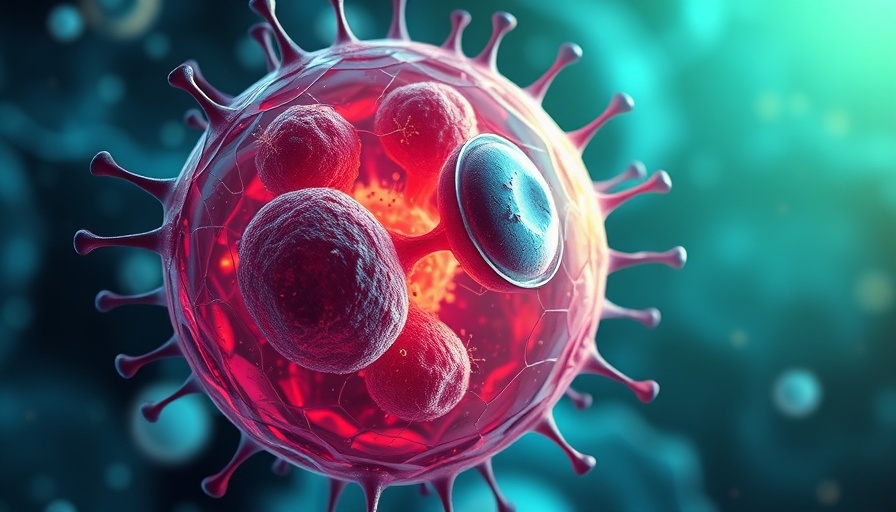
The Hidden Impacts of Modern Living on Cellular Energy
As life evolves in the fast lane, the demands we place on our bodies are immense. From stressful work environments to diets filled with processed foods, our modern lifestyles have introduced factors that significantly undermine our cellular energy. Understanding these energy drains is essential for enhancing our well-being and maintaining vital bodily functions.
The Mitochondrial Connection
At the heart of our cellular energy lies the mitochondria, often referred to as the powerhouses of the cell. These tiny organelles are responsible for converting nutrients into adenosine triphosphate (ATP), the energy currency of the body. However, modern lifestyle challenges—including chronic stress, inadequate sunlight exposure, and poor dietary choices—disrupt mitochondrial function. This disruption can lead to conditions like obesity, diabetes, and heart disease, as mitochondria struggle to keep up with our high-demand environments.
Stress and its Ripple Effects
One of the leading contributors to mitochondrial dysfunction is chronic stress. When stress levels remain elevated, the body releases cortisol, which can alter gut health and reduce the prevalence of beneficial bacteria that support immune function. As a result, this stress-induced shift can create a cycle of inflammation that exacerbates energy depletion.
The Importance of Sunlight
Additionally, modern trends have led to decreased sunlight exposure, which is crucial for vitamin D synthesis. Reports indicate that a significant portion of the population suffers from vitamin D deficiency, increasing susceptibility to autoimmune conditions and chronic illnesses. Vitamin D inadequacy further complicates the fight against inflammation, underscoring the importance of incorporating regular, moderate sun exposure into our routines.
Electromagnetic Fields: A Modern Challenge
The extensive use of electronic devices not only contributes to lifestyle changes but also exposes us to electromagnetic fields (EMFs), which have been linked to oxidative stress and mitochondrial dysfunction. This exposure can lead to challenges in energy production and further disrupt our gut microbiota, setting off a cascade of health issues.
Finding Balance: Practical Strategies
To counteract these detrimental effects, consider integrating simple lifestyle changes. Engaging in regular exercise, ensuring a nutrient-rich diet, and prioritizing good sleep hygiene can significantly boost mitochondrial health. Stress reduction techniques such as mindfulness practices, yoga, and emotional support networks can help reestablish balance in your body's systems.
Supplements for Support
Emerging research suggests that certain supplements, like nicotinamide riboside (NR), may aid in restoring mitochondrial function and improving energy levels. By enhancing NAD+ levels, NR supports critical cellular processes and may help combat the negative effects of our modern lifestyles.
In conclusion, as we navigate the complexities of contemporary living, it is vital to remain mindful of the factors that deplete our cellular energy. By taking proactive steps to address these lifestyle challenges, we can revitalize our health and harness the energy needed to thrive in today's world.
 Add Row
Add Row  Add
Add 



Write A Comment